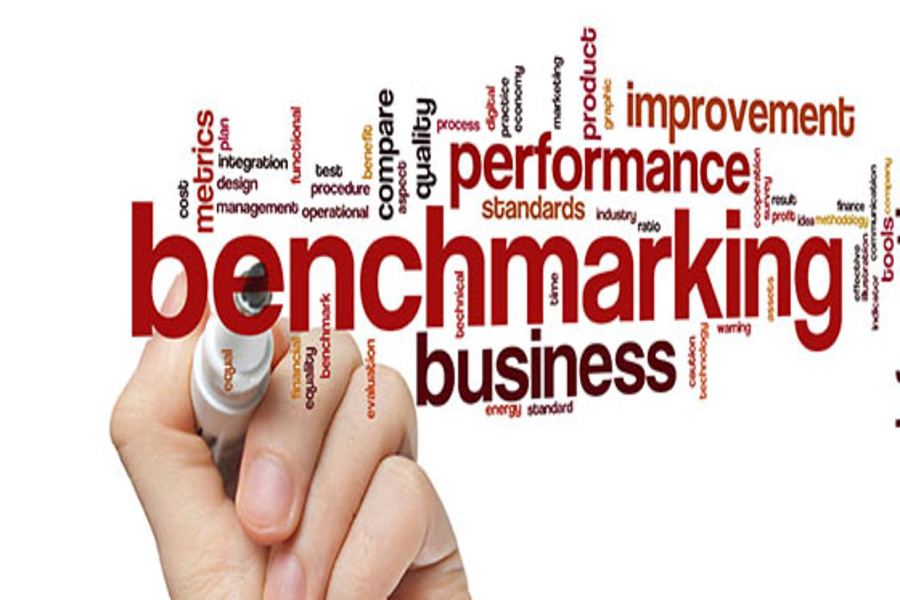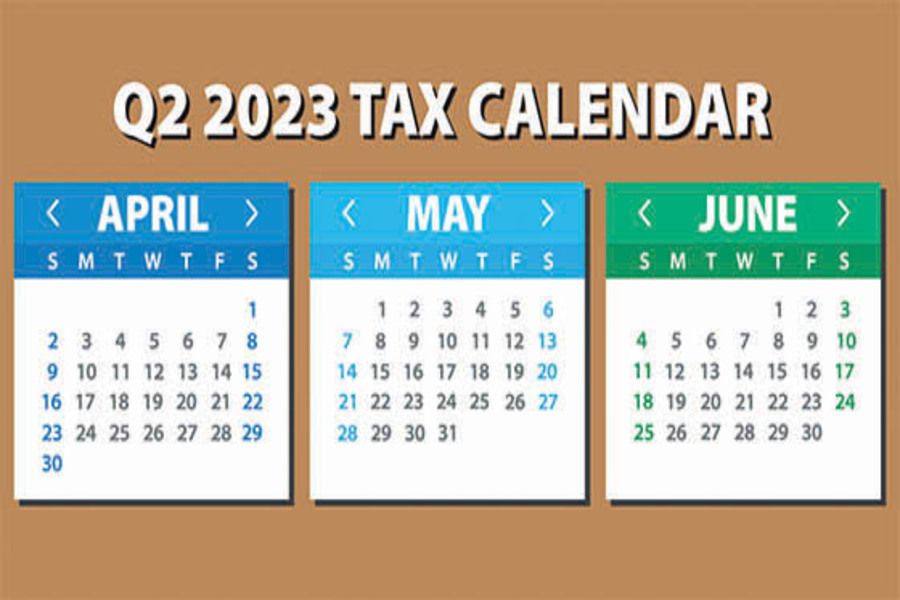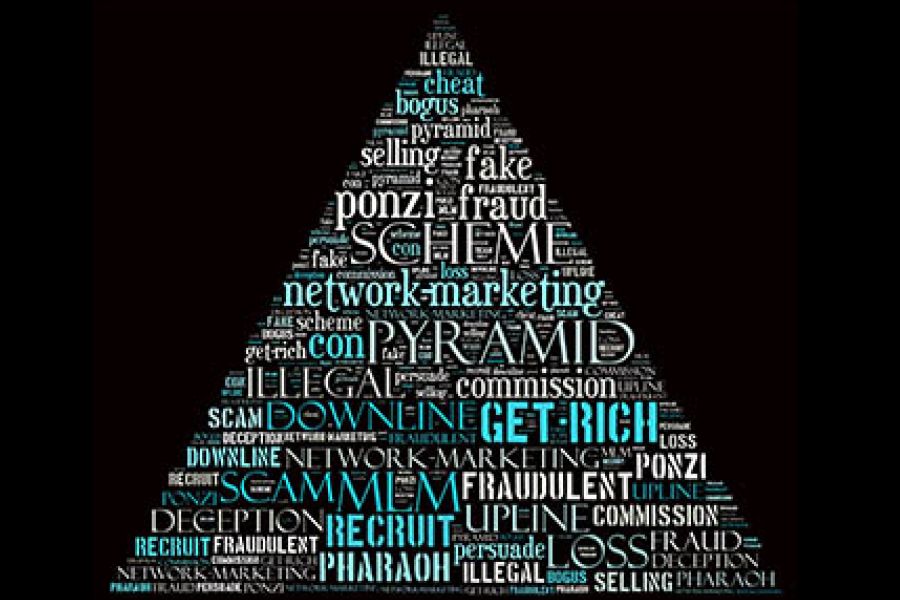If you’re thinking about setting up a retirement plan for yourself and your employees, but you’re worried about the financial commitment and administrative burdens involved, there are a couple of options to consider. Let’s take a look at a “simplified employee pension” (SEP) or a “savings incentive match plan for employees” (SIMPLE). SEPs are intended as an attractive alternative to “qualified” retirement plans, particularly for small businesses. The features that are appealing include the relative ease of administration and the discretion that you, as the employer, are permitted in deciding whether or not to make annual contributions. SEP involves easy setup If you don’t already have a qualified retirement plan, you can set up a SEP simply by using the IRS model SEP, Form 5305-SEP. By adopting and...

If you’re an art collector, you may wonder about the tax breaks available for donating a work of art to charity. Several different tax rules may come into play in connection with such contributions. Basic rules Your deduction for a charitable contribution of art is subject to be reduced if the charity’s use of it is unrelated to the purpose or function that’s the basis for its qualification as a tax-exempt organization. The reduction equals the amount of capital gain you would have realized had you sold the property instead of giving it to charity. Example: You bought a painting five years ago for $10,000 and now it’s worth $20,000. You contribute it to a hospital. Your deduction is limited to $10,000 because the hospital’s use of the...
Benchmarking — or comparing a company’s financials to those of industry peers and its own historical performance — can provide insight into future cash flows and operating risks. Business valuation professionals use the following types of benchmarks to assess company-specific risk and, in turn, a subject company’s expected return. Profitability Profitability metrics evaluate how much money the subject company earns from each dollar in revenue. For-profit companies need to earn enough to cover fixed and variable costs, but some may accept a loss on certain products to gain market share or lure customers. Common profitability metrics include: Gross margin [(revenue - costs of sales) / revenue], and EBITDA margin (earnings before interest, taxes, depreciation and amortization / revenue). Profit margin (net income / revenue) may be less relevant when...
When preparing your tax return, we’ll check one of the following statuses: Single, married filing jointly, married filing separately, head of household or qualifying widow(er). Filing a return as a head of household is more favorable than filing as a single taxpayer. For example, the 2023 standard deduction for a single taxpayer is $13,850 while it’s $20,800 for a head of household taxpayer. To be eligible, you must maintain a household, which for more than half the year, is the principal home of a “qualifying child” or other relative of yours whom you can claim as a dependent. Basic rules Who is a qualifying child? This is a child who: Lives in your home for more than half the year, Is your child, stepchild, adopted child, foster child,...
With billions of users worldwide, social media platforms can be a breeding ground for illicit activity — from simple identity theft to sophisticated and wide-ranging fraud schemes. Here’s an overview of some of the most common social media scams and tips to help prevent you or your business from becoming a fraud victim. Crooks find opportunities As with email, social media messages can trick users into clicking links and providing sensitive information, such as their usernames, passwords, Social Security numbers and financial account numbers. “Romance” scammers also use social media to pose as potential partners, manipulate the emotions of victims and then steal from them. Or bad actors may contact users about fake investment opportunities (particularly involving cryptocurrency), illegitimate contests, bogus lotteries and false inheritances. To gain the...
If you’re starting a business with some partners and wondering what type of entity to form, an S corporation may be the most suitable form of business for your new venture. Here are some of the reasons why. A big benefit of an S corporation over a partnership is that as S corporation shareholders, you won’t be personally liable for corporate debts. In order to receive this protection, it’s important that: The corporation be adequately financed, The existence of the corporation as a separate entity be maintained, and Various formalities required by your state be observed (for example, filing articles of incorporation, adopting by-laws, electing a board of directors and holding organizational meetings). Dealing with losses If you expect that the business will incur losses in its early years,...
Here are some of the key tax-related deadlines that apply to businesses and other employers during the second quarter of 2023. Keep in mind that this list isn’t all-inclusive, so there may be additional deadlines that apply to you. Contact us to ensure you’re meeting all applicable deadlines and to learn more about the filing requirements. April 18 If you’re a calendar-year corporation, file a 2022 income tax return (Form 1120) or file for an automatic six-month extension (Form 7004) and pay any tax due. For corporations pay the first installment of 2023 estimated income taxes. For individuals, file a 2022 income tax return (Form 1040 or Form 1040-SR) or file for an automatic six-month extension (Form 4868) and pay any tax due. For individuals, pay...
Business valuation experts will usually provide formal written reports that explain how they arrived at their conclusions. Asking seven questions can help you determine whether an expert’s report is comprehensive and on-point. (1) Did the expert properly define the engagement? Most valuation reports start with a detailed description of the assignment. Beyond the name of the subject company, the definition includes: The size of the interest (the ownership percentage of the number of shares or units), Effective date of the valuation, Intended uses of the report, The standard of value (for example, fair market value, fair value or strategic value), and The basis of value (minority vs. controlling basis and marketable vs. nonmarketable basis). If the expert applied discounts for lack of control or marketability, a substantial...
Did you make large gifts to your children, grandchildren or other heirs last year? If so, it’s important to determine whether you’re required to file a 2022 gift tax return. And in some cases, even if it’s not required to file one, you may want to do so anyway. Filing requirements The annual gift tax exclusion has increased in 2023 to $17,000 but was $16,000 for 2022. Generally, you must file a gift tax return for 2022 if, during the tax year, you made gifts: That exceeded the $16,000-per-recipient gift tax annual exclusion for 2022 (other than to your U.S. citizen spouse), That you wish to split with your spouse to take advantage of your combined $32,000 annual exclusion for 2022, That exceeded the $164,000 annual exclusion...
The “investment opportunity” someone just pitched could be a legitimate way to get in on the ground floor of a soon-to-be profitable business. However, it could also be a pyramid, Ponzi or similar fraudulent multi-level marketing scheme. How can you tell the difference between a real investment and a scam? Don’t get scammed Pyramid schemes can be relatively straightforward, such as recruiting people to sell vitamins or cleaning supplies and recruiting family and friends to also sell the products. Or they can take the form of extremely complicated swindles that offer no actual product or service. But in general, both simple and complex schemes are sustained by constantly recruiting new participants rather than earning a return on the actual sale of the products. One lucrative scam involved a...
- 1
- 2
- 3
- 4
- 5
- 6
- 7
- 8
- 9
- 10
- 11
- 12
- 13
- 14
- 15
- 16
- 17
- 18
- 19
- 20
- 21
- 22
- 23
- 24
- 25
- 26
- 27
- 28
- 29
- 30
- 31
- 32
- 33
- 34
- 35
- 36
- 37
- 38
- 39
- 40
- 41
- 42
- 43
- 44
- 45
- 46
- 47
- 48
- 49
- 50
- 51
- 52
- 53
- 54
- 55
- 56
- 57
- 58
- 59
- 60
- 61
- 62
- 63
- 64
- 65
- 66
- 67
- 68
- 69
- 70
- 71
- 72
- 73
- 74
- 75
- 76
- 77
- 78
- 79
- 80
- 81
- 82
- 83
- 84
- 85
- 86
- 87
- 88
- 89
- 90
- 91
- 92
- 93
- 94
- 95
- 96
- 97
- 98
- 99
- 100
- 101
- 102
- 103
- 104
- 105
- 106
- 107
- 108
- 109
- 110
- 111
- 112
- 113
- 114
- 115
- 116
- 117
- 118
- 119
- 120
- 121
- 122
- 123
- 124
- 125
- 126
- 127
- 128
- 129
- 130
- 131
- 132
- 133
- 134
- 135
- 136
- 137
- 138
- 139
- 140
- 141
- 142
- 143
- 144
- 145
- 146
- 147
- 148
- 149
- 150











